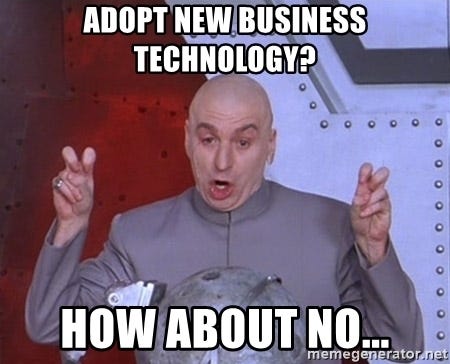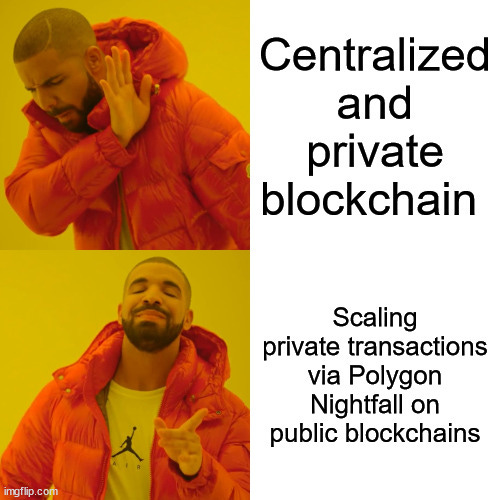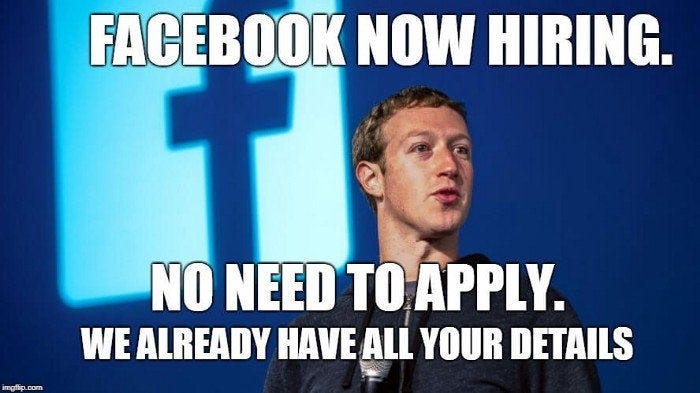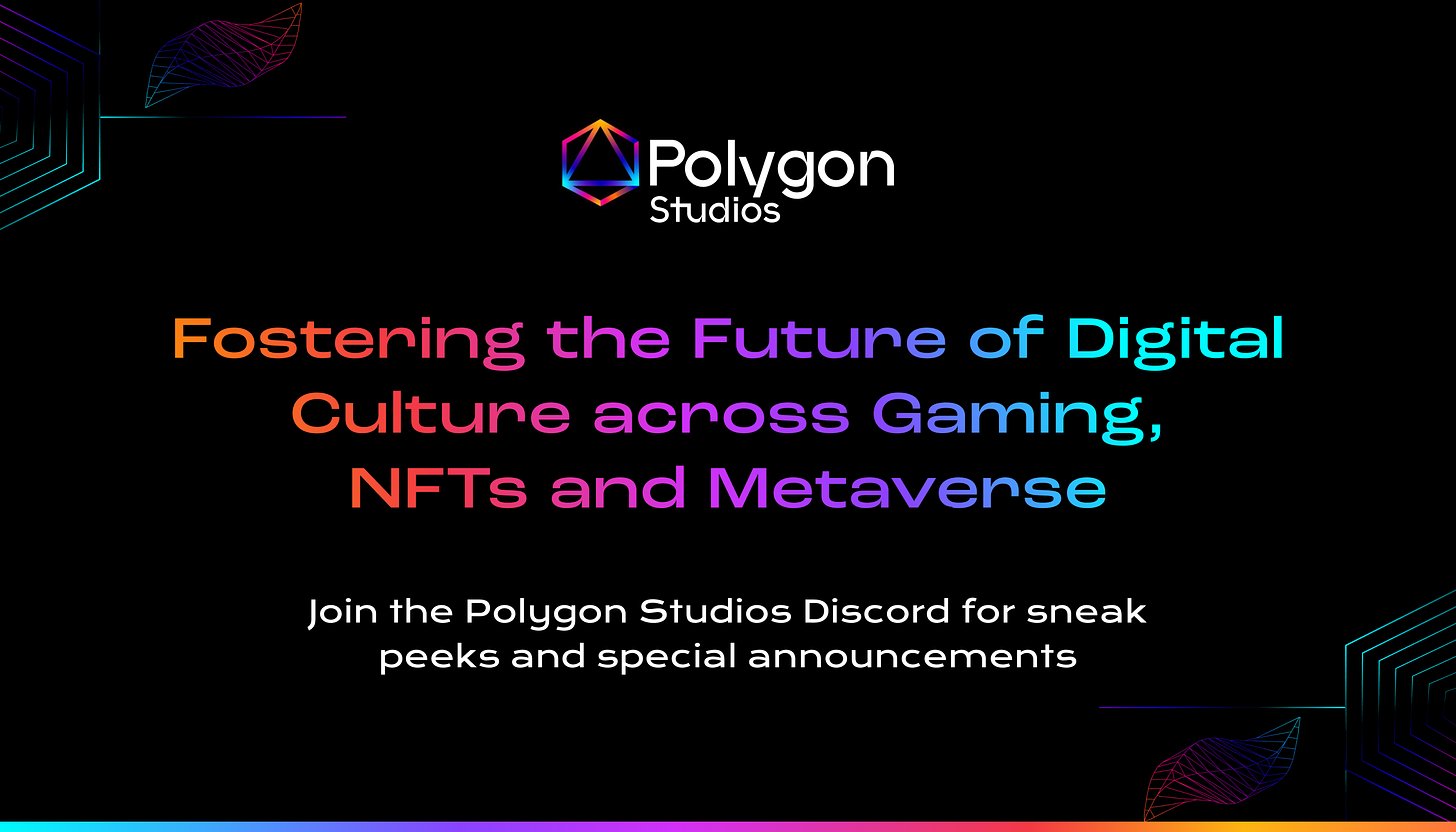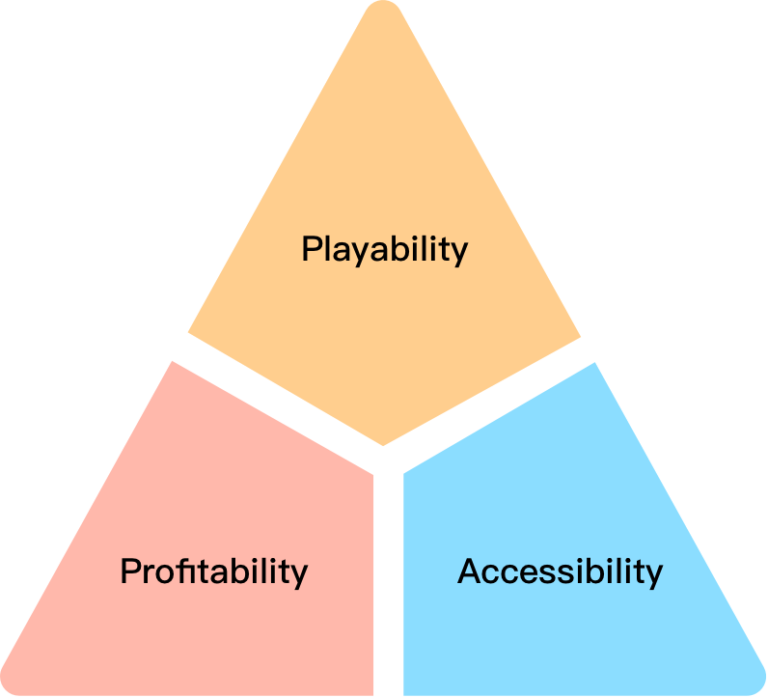With MetaMask, you can now buy your crypto in one step on the browser extension and mobile app across 6 different chains!
Dear Bankless Nation,
NFTs and high yields tend to grab the attention of degens more than enterprise blockchain.
…That stuff is just for stuffy old guys in suits, right?
Maybe not anymore. Developments in Layer 2 integration and updates in privacy models mean that enterprise blockchain is ready to go.
That means huge changes in the way many of the world’s largest companies do business — and pretty much all of it is happening on Ethereum.
EY’s Global Blockchain Lead — and all-round legend — Paul Brody joins us this week to give us the latest on why blockchain for businesses isn’t boring anymore.
– Bankless
🔧🎉 STATE OF THE NATION: MERGE UPDATES 🔧🎉
Ethereum Core Dev Tim Beiko joins the guys this week to give us the latest on the Ethereum 2.0 Merge. How are test-runs going? Deployments? Upgrades? Are we still on track for August? Watch the latest episode of State of the Nation to find out.
This tweet
Enterprise Blockchain is Ready to Go. Here’s Why:
WRITER WEDNESDAY // Guest Writer: Paul Brody, Principal & Global Blockchain Leader at EY
For those immersed in the thick of DeFi, the concept of enterprise blockchain seems like a distraction. It’s a topic that takes up little space in the broader crypto discourse.
Yet enterprise blockchain matters. It matters for the same reason that “enterprise internet” matters: we live in a world that runs on commerce. The world of blockchain is heavy on commerce as well, but that expansion has been one vertical at a time, starting with finance and payments.
It’s worth remembering that finance and payments exist only as a means to an end: to put capital in the hands of people doing useful things. Some of that, for sure, is well spent to make capital markets efficient. The financial services sector represents about 20-25% of the world economy, and for that DeFi will be transformational.
Eventually, however, blockchain is going to transform every last segment of the economy as surely as the internet has done. The value proposition for this is quite simple: while we live in a digital world, much of what is digital is still siloed and disconnected.
Nearly every company on earth, every payment, every shipment is already digital. Legacy payments systems like SWIFT handle more than 40 million payments every day. Operational data systems like Electronic Data Interchange (EDI) do a similar job with global shipping and goods transfers.
Enterprises spend a disproportionate amount of time and money trying to keep these two worlds in sync, doing simple things like matching an invoice to a shipment of goods and making sure that it complies with the terms of an agreement. Blockchains can make all of that automatic, cheap and simple.
Getting to this end is easy to imagine, but astonishingly difficult to achieve.
Conceptually, it’s very simple. Business agreements boil down to this: I have money. You have stuff. We’re going to exchange my money for your stuff. This is a swap. In reality, it gets more complicated because I don’t just want to do a classic financial markets swap. I want to set up a special agreement with you that reflects our relationship. If I design your parts into my product, I want guarantees about availability and price, and perhaps discounts and reciprocal preferential treatment.
It’s still possible to put all this in a blockchain framework. The money and the stuff are both easily represented as digital tokens, and the agreement between the firms for mutual preferential treatment can be scripted into a smart contract. Easy peasy.
Enterprise blockchain is easier said than done
Now we get to the insanely difficult part: all of this needs to be done privately. How much stuff a company buys, when they buy it, how much they have, and where they put it are among the most sensitive pieces of business information a firm has. It must be kept secret.
If you could watch your competition’s supply chain in endless detail on the blockchain, you could obtain a significant competitive advantage: locating their suppliers, cutting better deals, attacking key distributors with special deals. You could even spot ramp-ups and downs, supply chain bottlenecks, and all kinds of other essential details about your competition.
From inventory management to product traceability, the fact that digital tokens can transcend the boundaries of any one firm’s systems provides an incredibly powerful tool to help companies manage their own business. It would also be an enormously powerful weapon that your competition could use against you. As a rule, enterprises want that visibility internally but not externally.
Not only is privacy essential for enterprise users, it’s also much more difficult to implement. Financial services benefit from two characteristics that companies often cannot use: fungible tokens and transparent markets. Liquidity pools, centralized exchanges, and other tools not only impose the same terms on every player, but they also act like giant mixers.
The result: short of dropping your ENS address in your wallet or being a whale, you have some degree of pseudo-anonymity on-chain, and there are no special terms and agreements to protect.
Enterprise users not only have customized terms, they also often use customized components in each other’s products. Many of them are serialized. One of EY’s biggest clients is generating half a million NFTs a day. Following those around on a public blockchain would be a piece of cake.
Implementing enterprise blockchains
There is an easy way to do this, and a hard way. The easy way is to opt for private blockchains and “secure enterprise computing enclaves.” The problem with this approach is that it requires you to trust both the operator of the private blockchain, and the creator of whatever proprietary “secure enclave” you need to use. I don’t like the easy way, because time and again, we’ve learned that these trusted central authorities aren’t worthy of our trust and only end up as some kind of new digital monopolist. Also, a centrally managed decentralized ledger just seems kinda stupid to me. Thanks, but no thanks.
With refinement and work, we got to Nightfall version 3 in 2022. Switching to an optimistic roll-up model was the final step in slashing gas fees to a level that was sustainable for serious business transactions. Along the way, we’ve developed a bunch of critical components, including tools for regulatory compliance, such as audits, data traceability using off-chain storage, and allow & block lists. We plan to roll all of these into future iterations of Nightfall as the solution matures.
Now that Polygon Nightfall has made its mainnet beta debut, I also expect and hope to see many companies start using this technology to transform their financial services solutions as well. Privacy means the ability to conduct your trading strategy without having to disclose it to everyone else. Polygon is preparing SDKs and EY will be offering multiple products that use this L2 network, as well as APIs for managing smart contracts and tokens in an easy way.
We’re not done, however, because Nightfall only covers payments and transfers. To complete the picture, we need to enable secure private business logic as well. Instead, to make private business logic work, we’re developing a tool called Starlite.
Starlite is a compiler that will allow developers to mark-up standard solidity contracts with the elements and logic that need to be made private and compile them into zero knowledge circuits that can be deployed as smart contracts. No need to learn more complex zero knowledge math.
We released the alpha test version of Starlite in 2021 and we’ve since ramped up our investment in this work with the goal of getting to a much more functional beta by early 2023. As with Nightfall, this is again an open source, public domain contribution by EY to the Ethereum ecosystem. You can find all the code on our github repository as well.
As advanced ZKP EVMs arrive in the Layer 2 ecosystem to further drive down transaction costs, it starts to become feasible to run just about any business or financial process under privacy without losing the mathematically trustworthy element of the blockchain or having to insert a centrally controlling entity.
A game-changer
This will certainly transform the world of blockchain. Given the option of mathematically provable reliability and privacy, a significant share of the blockchain world may move in that direction. It will upset a lot of blockchain systems that are built based on the assumption that all transactions are transparently readable, and quite a few business models as well.
Privacy will transform how companies work together as well, making it possible to have business logic, asset transfers and payments in a single digital agreement and system makes managing business relationships much simpler and faster.
The positives are bigger than the negatives. This isn’t just about scraping 2-4% off a company’s Selling, General & Administrative costs — although that’s worth a great deal in a $85 trillion dollar global economy. This is about building a fairer internet and blockchain for the world’s businesses.
In case you haven’t noticed, we’re living in a golden age of digital monopolies. Network effects make centralized digital platforms astonishingly powerful. And while big companies can afford sophisticated IT departments to build custom integrations that go around these digital hubs, most cannot.
Blockchains need privacy to go mainstream
True privacy on public blockchains means that companies of all sizes can interact on a level playing field. It means you can move money and assets and have complex agreements — and the only company that gets to monetize your data is your own.
All of this is going to arrive much faster than you might expect. Like all true revolutions, for those not tracking them, their arrival often seems to be an “overnight” experience. For those in the trenches building technology, they know that overnight success usually comes after many years of slow, invisible work.
With blockchain privacy, we’re coming to the end of the slow and invisible part and getting towards the public and fast part. Get ready.
Action steps
Author Bio
Paul Brody
🙏 Thanks to our sponsor
Stay updated on the latest amazing gaming, NFT, and metaverse projects:
Not financial or tax advice.
Disclosure.



